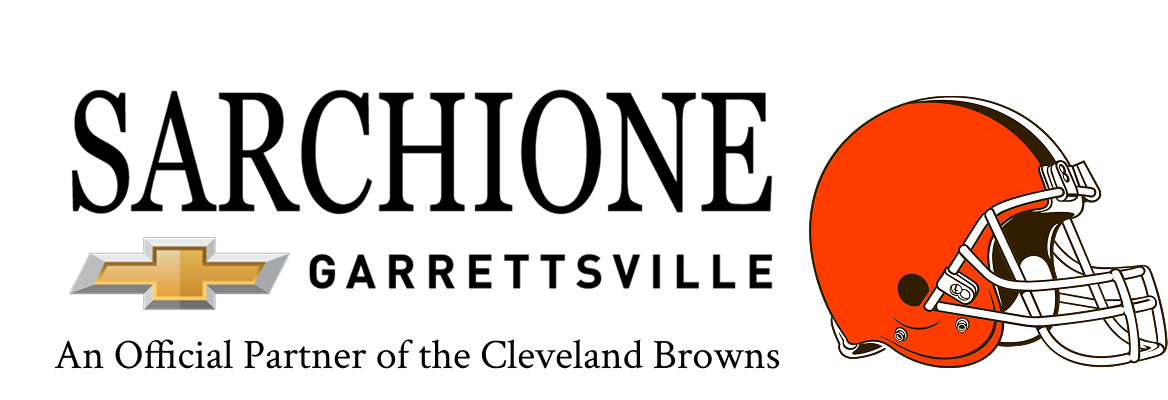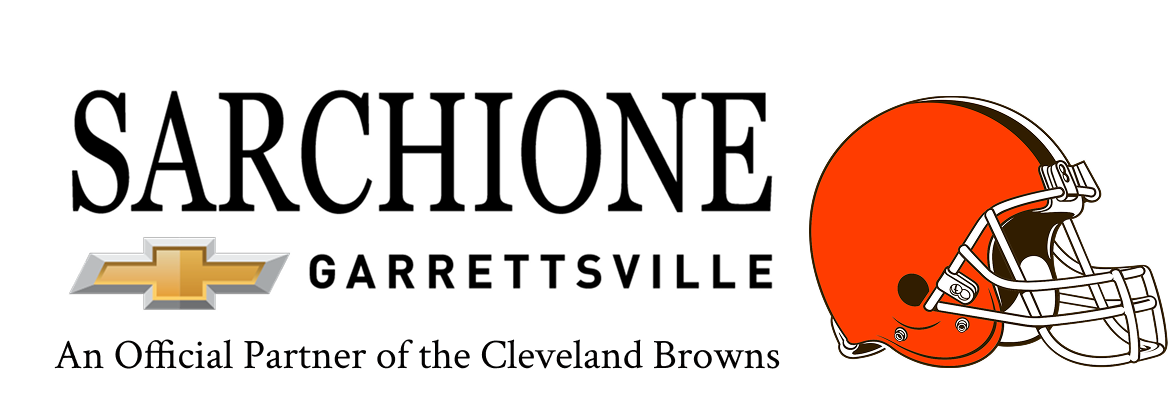Excessive exhaust gas from your Chevy car is not just an environmental concern; it can also be a sign of underlying engine issues that may affect vehicle performance and fuel efficiency. When you notice unusually high emissions or smell an unpleasant odor coming from your car’s exhaust, it's time to investigate further.
Tackling excessive exhaust gas from your Chevy car promptly can help restore your vehicle’s health, improve fuel economy, and reduce harmful environmental impact. This article will guide you through the common causes of excessive exhaust emissions and the steps to address the issue.
Understanding Exhaust Emissions and Their Impact
Before exploring the causes and solutions, it’s essential to understand the role of the exhaust system in your Chevy car. The exhaust system is responsible for directing harmful gases away from the engine and out of the vehicle. It includes key components such as the exhaust manifold, catalytic converter, oxygen sensors, and muffler, all of which work together to reduce emissions and improve engine efficiency.
Excessive exhaust emissions typically refer to an abnormal increase in pollutants such as carbon monoxide (CO), nitrogen oxides (NOx), or hydrocarbons (HC) being released from the engine. When these emissions exceed normal levels, it may indicate that the vehicle's engine or exhaust system is malfunctioning in some way.
Common Causes of Excessive Exhaust Gas
Faulty or Clogged Catalytic Converter
One of the most common culprits of excessive exhaust gas is a faulty or clogged catalytic converter. The catalytic converter plays a critical role in converting harmful gases like carbon monoxide and hydrocarbons into less harmful emissions. Over time, the converter can become clogged with carbon deposits or fail due to heat damage, resulting in poor exhaust filtration. This can lead to higher levels of pollutants being emitted from your vehicle.
Malfunctioning Oxygen Sensors
Oxygen sensors are responsible for monitoring the air-fuel mixture and sending data to the engine control unit (ECU) to adjust fuel injection. When these sensors fail, the engine may run rich (too much fuel) or lean (too little fuel), both of which can cause an increase in exhaust emissions. A malfunctioning oxygen sensor can prevent the engine from running efficiently, leading to higher emissions and poor fuel economy.
Engine Misfire or Combustion Issues
An engine misfire occurs when the air-fuel mixture in the combustion chamber fails to ignite properly. This can result in incomplete combustion, which in turn increases the production of harmful gases in the exhaust. Misfires can be caused by various issues, such as worn spark plugs, faulty ignition coils, or fuel delivery problems. If your Chevy car is experiencing frequent misfires, it can contribute to excessive exhaust gas and decreased engine performance.
Dirty or Worn-Out Fuel Injectors
Fuel injectors are responsible for delivering the proper amount of fuel into the engine for combustion. Over time, fuel injectors can become clogged or worn out, which can cause an irregular fuel flow to the engine. This irregular fuel flow can result in incomplete combustion and an increase in harmful emissions. If you notice rough idling, poor acceleration, or a decrease in fuel efficiency, your fuel injectors may need cleaning or replacement.
Air Intake or Vacuum Leaks
A vacuum leak or issue with the air intake system can lead to a poor air-fuel mixture, causing the engine to run inefficiently. If too much air enters the combustion chamber without the proper amount of fuel, it can create an imbalance that leads to higher emissions. Inspecting and addressing any vacuum leaks or air intake issues can help restore proper engine performance and reduce excessive exhaust gases.
How to Address Excessive Exhaust Gas
Regular Maintenance and Inspections
Regular maintenance is key to preventing issues with your exhaust system and guaranteeing that your vehicle runs efficiently. Have your Chevy car’s exhaust system, including the catalytic converter and oxygen sensors, inspected during routine service visits. Replacing worn-out components such as the catalytic converter or oxygen sensors can restore optimal emissions control.
Addressing Engine Misfires
If an engine misfire is causing excessive exhaust emissions, it’s important to have the issue diagnosed by a professional mechanic. Replacing faulty spark plugs, ignition coils, or fuel injectors can often resolve the misfire and reduce the amount of harmful gases in the exhaust. Proper tuning and regular engine diagnostics can help prevent misfires and improve combustion efficiency.
Fixing Fuel Injector Issues
If the fuel injectors are dirty or malfunctioning, they may need to be cleaned or replaced. A mechanic can use specialized equipment to clean the injectors and restore proper fuel flow. If the injectors are beyond repair, they may need to be replaced to guarantee efficient combustion and reduced exhaust emissions.
Repairing Air Intake or Vacuum Leaks
Addressing any air intake or vacuum leaks is also important to resolving excessive exhaust gas issues. A mechanic can check for leaks in the intake system and replace any damaged components. This will help restore the proper air-fuel mixture and prevent the engine from running inefficiently.
Excessive exhaust gas from your Chevy car is a sign that something in your engine or exhaust system is not functioning properly. By identifying the underlying cause of the issue, such as a faulty catalytic converter, malfunctioning oxygen sensor, or engine misfire, you can take the necessary steps to address the problem and restore your vehicle’s performance.
Regular maintenance and timely repairs are important to keeping your Chevy running efficiently and minimizing harmful emissions. If you suspect excessive exhaust gas, reach out to a Chevy service center to resolve the issue. This guarantees your vehicle operates optimally and meets environmental standards.


